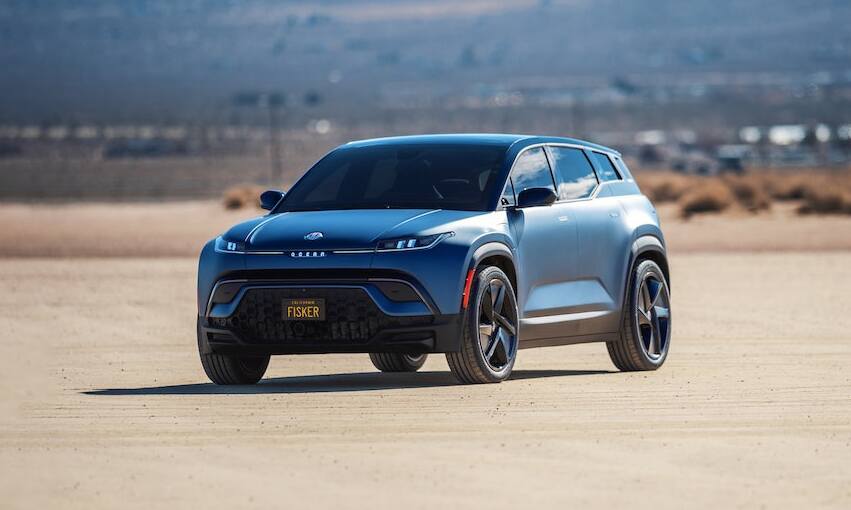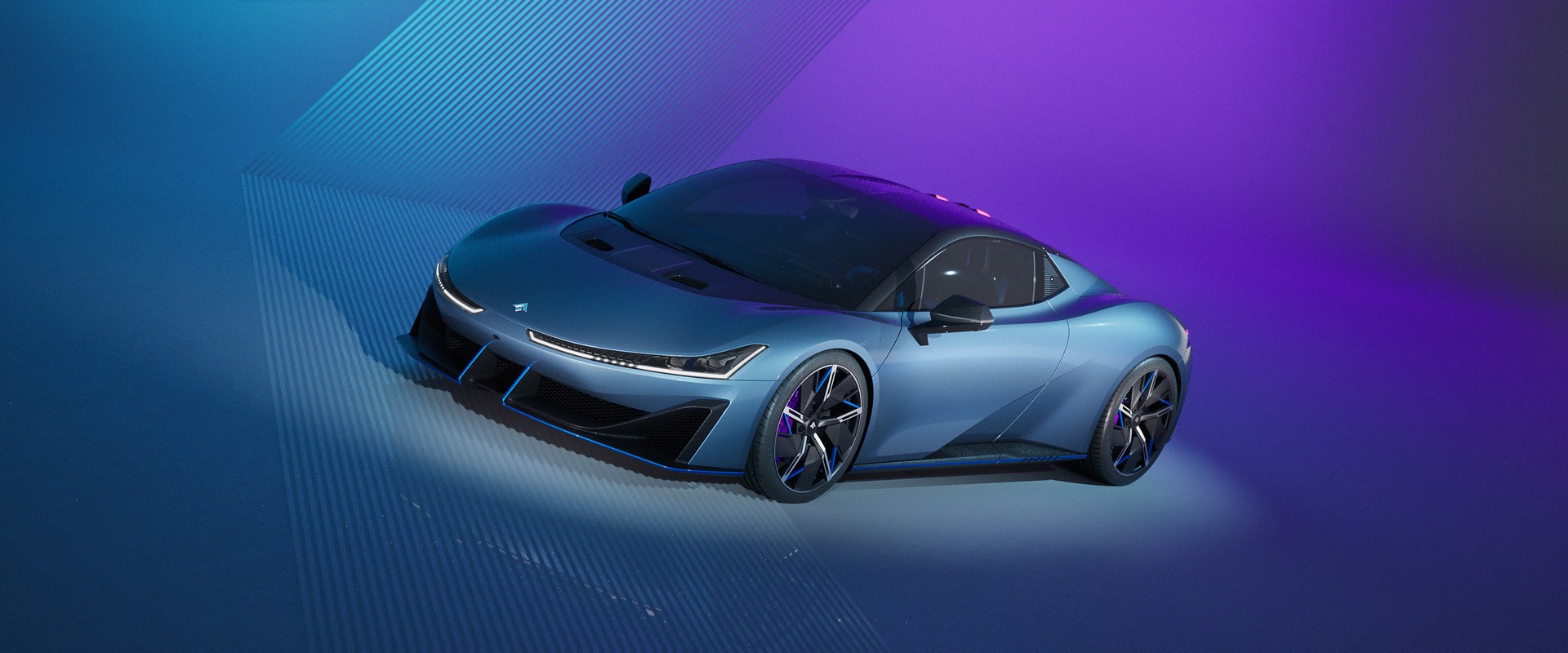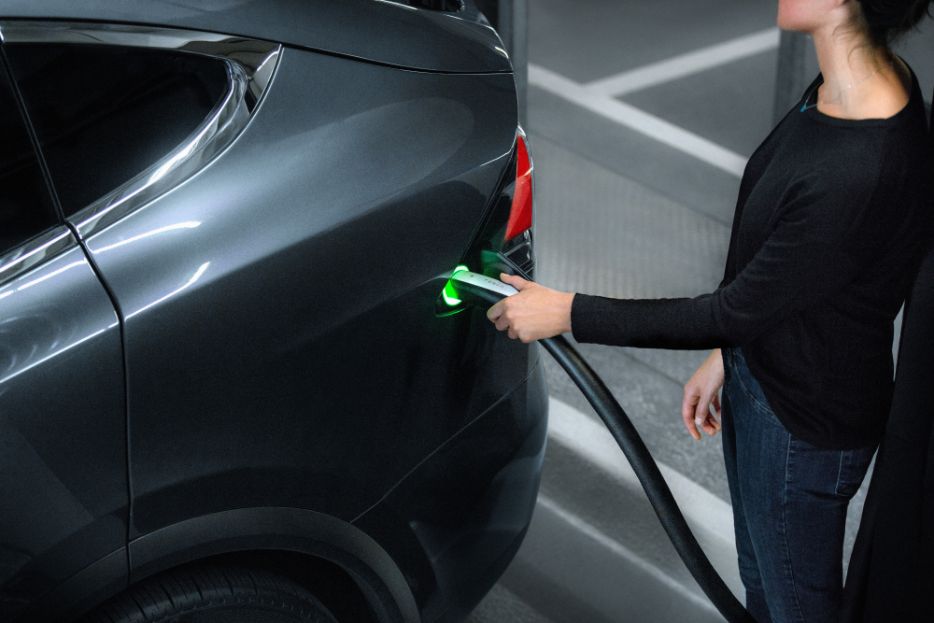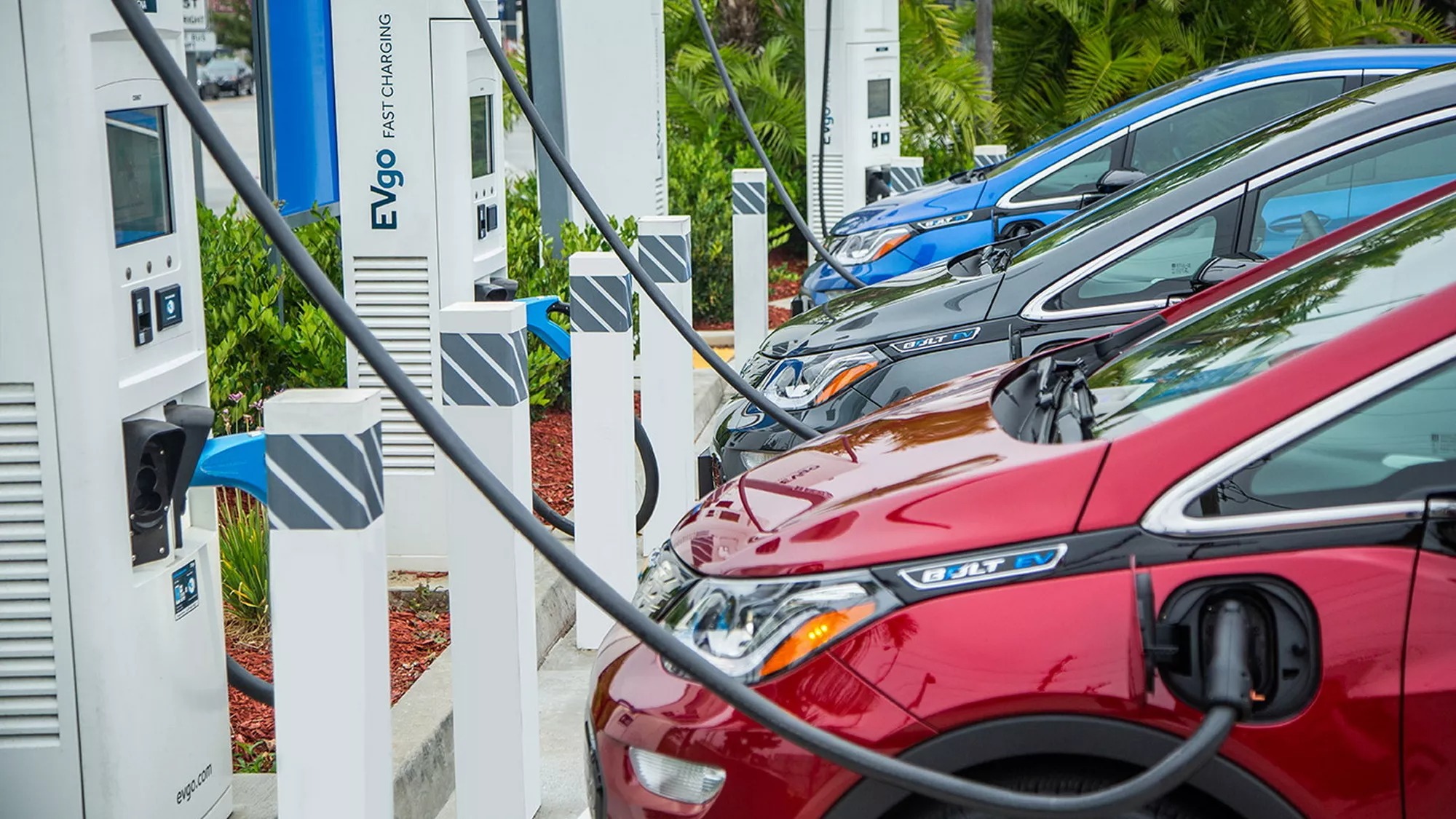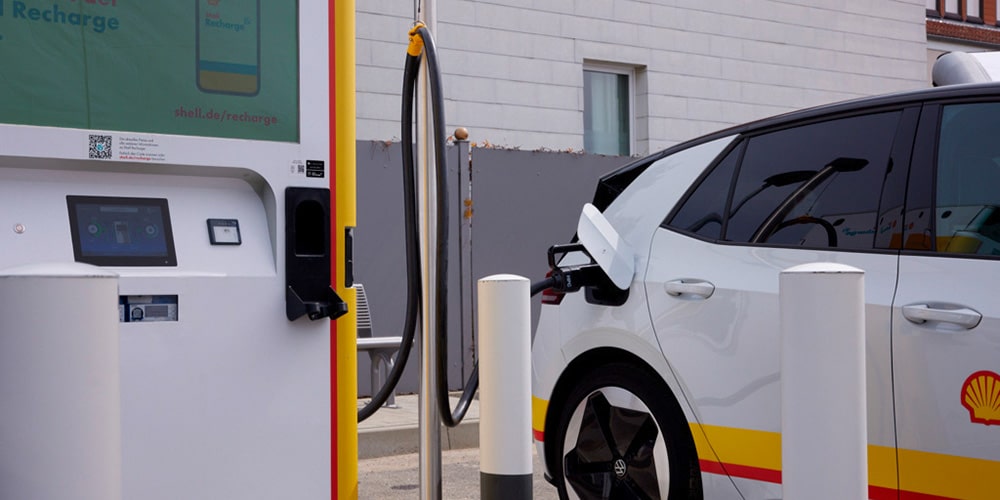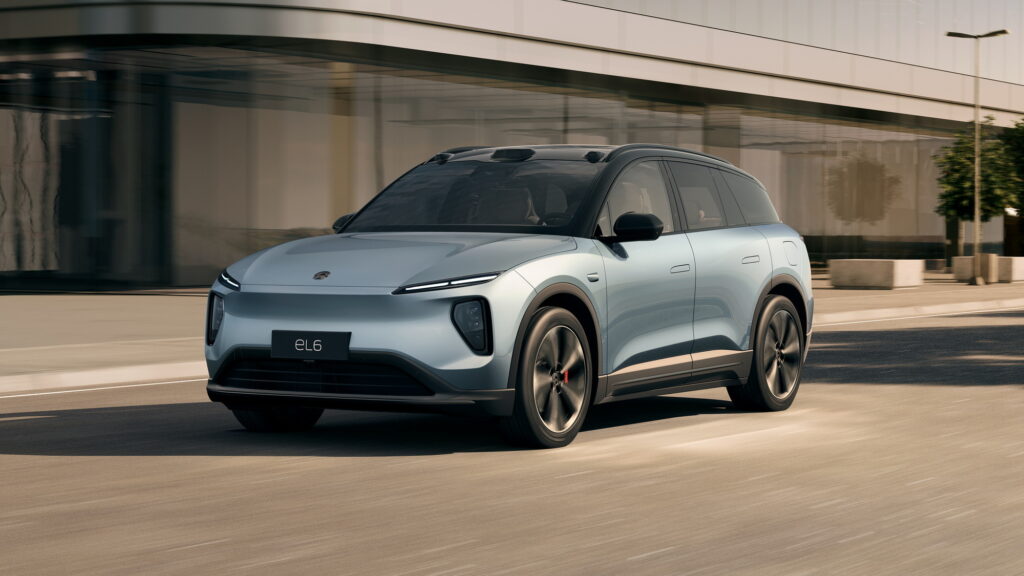In a transformative shift for the automotive industry, the growing popularity of electric vehicles (EVs) is not only altering propulsion systems but also influencing brand preferences among buyers. Recent research indicates that an astounding 85 percent of customers are open to purchasing from automakers they have not previously owned vehicles from.
This shift in consumer behavior is further substantiated by data from the first quarter of 2023, which reveals that EV buyers opted for a different brand for their new electric vehicle in 63 percent of cases. Comparatively, only 51 percent of trade-ins involved different brands across the entire automotive industry. These findings were reported by Edmunds, a renowned automotive research firm.
The impact of EVs on traditional brand loyalty patterns has caught the attention of industry experts. Jessica Caldwell, Executive Director of Insights at Edmunds, commented, “EVs are throwing a monkey wrench into the loyalty patterns that automakers have grown accustomed to, and it will be fascinating to watch if the growing number of EV models from mainstream brands will shift consumers back fully toward their loyalty tendencies or if brand allegiances are a thing of the past.”
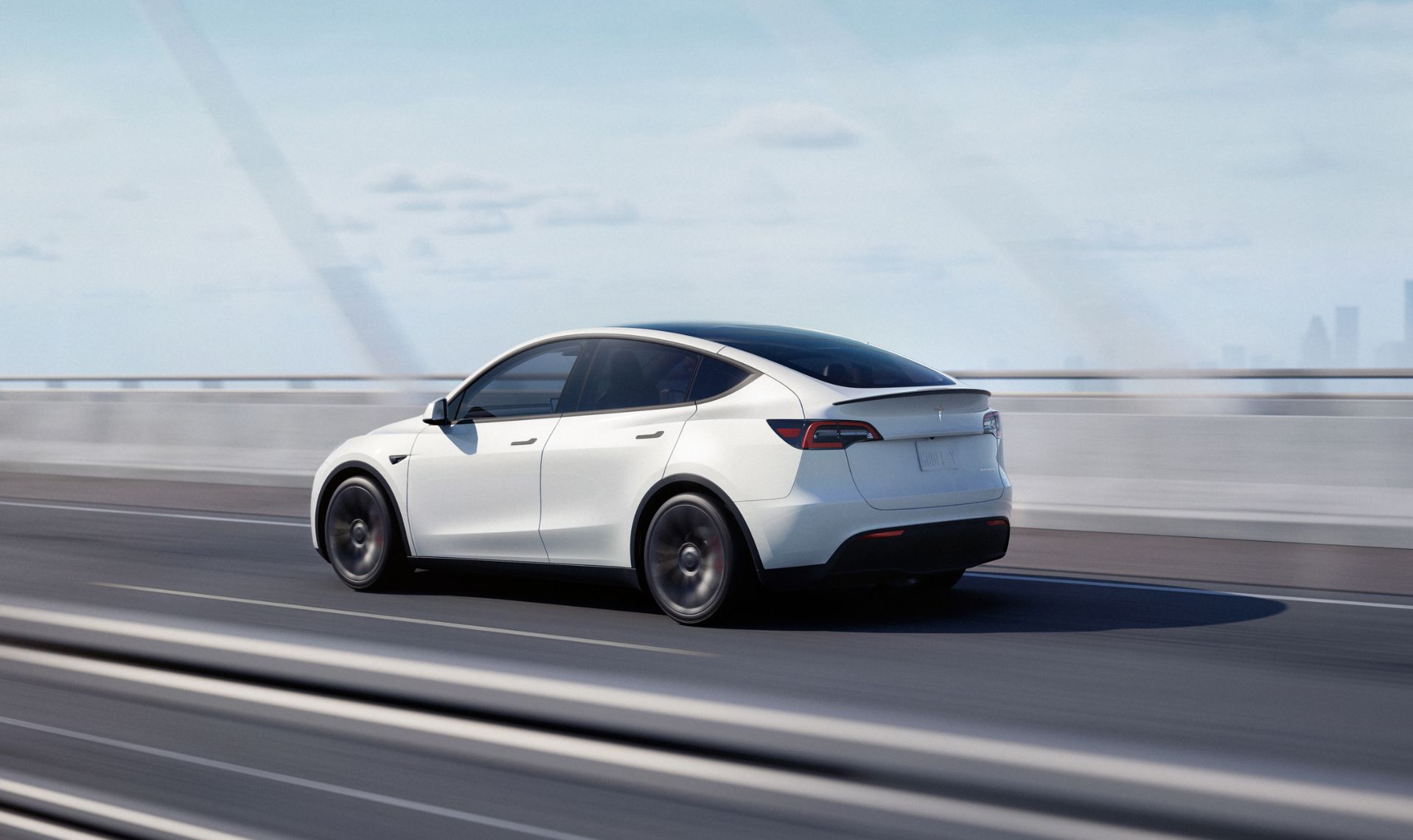
While Tesla, as a relatively young brand, is naturally attracting a significant number of new customers and currently dominates the American EV market in terms of volume, as more established automakers enter the electric vehicle arena, the trend of disloyal customers is gradually declining. Nonetheless, the EV market continues to present opportunities for conquest, albeit in a more organized fashion.
The research also shed light on the brands that customers trust the most when it comes to producing EVs. Tesla, BMW, Toyota, Chevrolet, and Audi emerged as the top five most trusted brands in that order. However, only Tesla and Chevrolet currently rank among the top five EV manufacturers by volume. This suggests that there is substantial potential for other automakers to win over customers and gain market share.
See also: Study Reveals Declining Consumer Sentiment Towards Electric Vehicles Despite Sales Surge
Interestingly, consumers are increasingly embracing electric vehicles despite their higher price tags. Between January and May 2023, EVs accounted for 6.7 percent of the American automotive market, up from 5.2 percent during the same period the previous year. Notably, the average EV comes with a price tag of $65,381, which is $17,489 more expensive than the average internal combustion vehicle.
Currently, younger car buyers and those seeking luxury vehicles are the most inclined to consider purchasing an EV. The study found that among respondents aged 25 to 34, 75 percent were contemplating an EV, while 88 percent of those aged 35 to 44 expressed interest in this technology. In contrast, only 27 percent of individuals aged 55 to 64 were considering an electric vehicle.
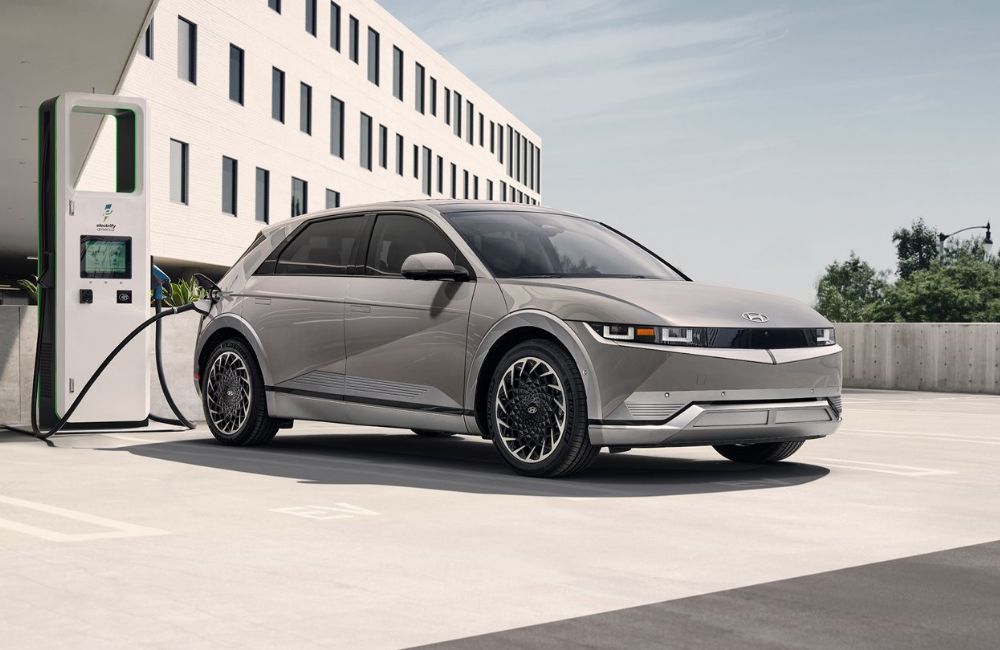
“The fact that younger and more luxury-oriented consumers are considering an EV for their next purchase presents a once-in-a-lifetime opportunity for automakers and dealers to tap into these highly desirable demographics,” said Caldwell, emphasizing the significance of this trend.
However, it is worth noting that potential EV buyers have certain expectations. The research revealed that 23 percent of shoppers desire a vehicle priced below $30,000, and 49 percent prioritize a range exceeding 300 miles (483 km).
Caldwell also highlighted the need to bridge a significant educational gap in the industry. She emphasized that consumers must be better informed about market realities, including factors such as availability, pricing, and range. Neglecting proper research could potentially lead to unexpected surprises for consumers intending to purchase an EV in the near future.

